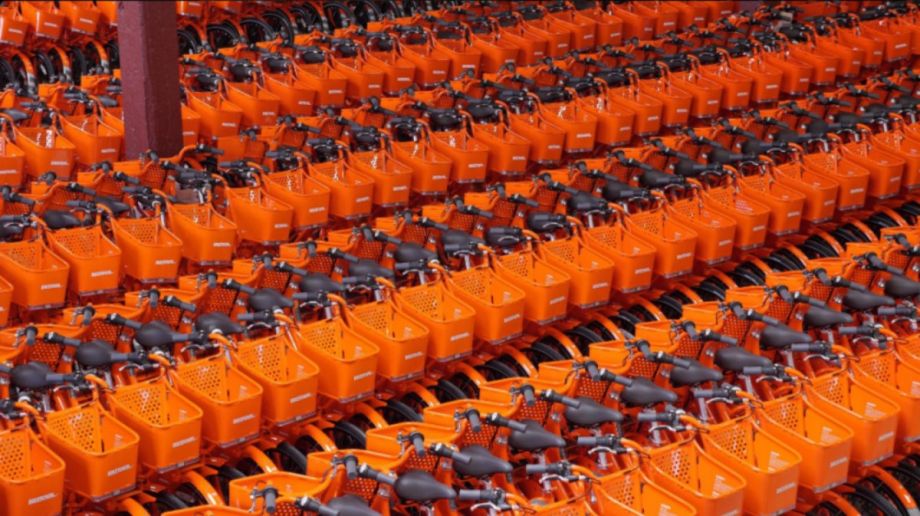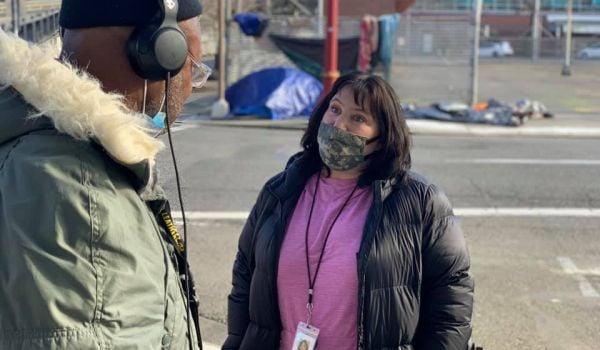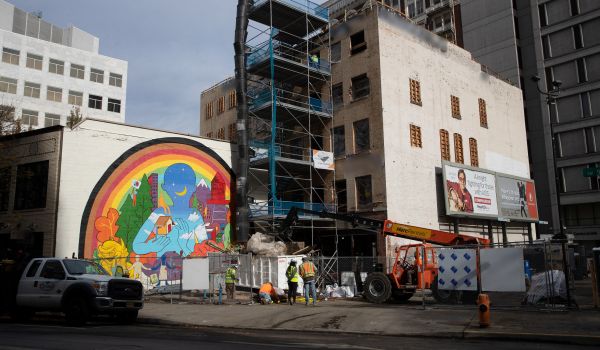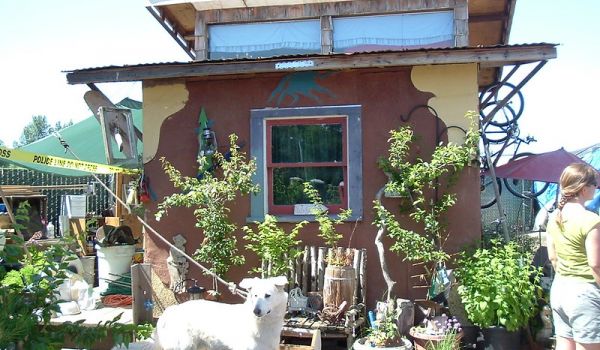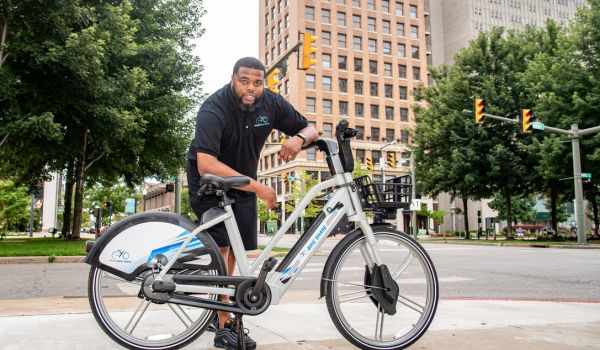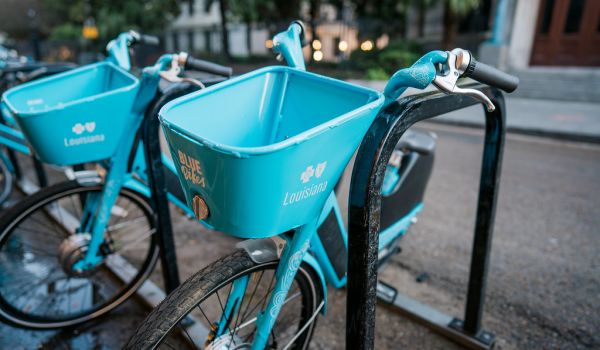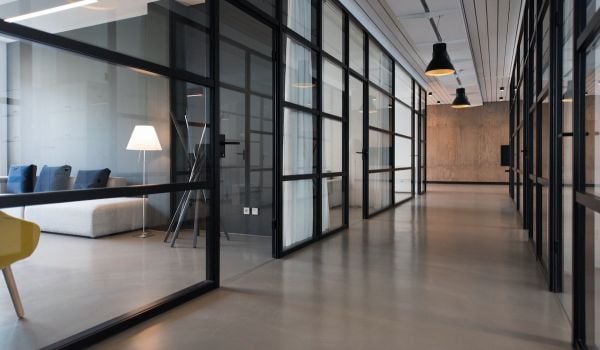A year after the launch of Portland’s Nike-sponsored bike-share, the program is hoping to expand its user-base to cyclists with disabilities using a mix of tandem, hand cycles and three-wheeled bikes.
“Adaptive Biketown,” as its known, is the first city-sponsored bike-share program for disabled riders in the nation, according to Fox-12 Oregon. Like the umbrella program, it’s owned by the Portland Bureau of Transportation with support from Nike.
According to the Los Angeles Times, the adaptive program differs from the bike-share founded last year in that its intended mostly for cyclists biking for exercise and recreation, rather than commuting. Its rollout was limited to several locations where cyclists can “ride on relatively smooth trails, away from traffic,” according to the paper.
But the process of creating it hasn’t been without bumps. As Jen Kinney wrote for Next City last year, the city began considering an adaptive program at the urging of City Council Member (then candidate) Chloe Eudaly, whose son has cerebral palsy. When they first assembled an advisory committee to help pioneer the program, however, officials didn’t fully understand what the process would look like, according to the Times.
“The first time they wanted to speak to us, they were like, ‘Give us a list of disabilities, and give us a list of the bikes that work for them,’ and that’s just not the way it works in the world of disability, because there’s just so much diversity,” Jennifer Wilde, who works with a nonprofit assisting people with disabilities, told the Times.
The discussion opened up broader questions.
“What you’re really talking about is how do you make all aspects of the built environment responsive to all people, yet at the same time support values of sustainability,” the founder of another nonprofit advocacy organization told the paper. “If environmental policies have a target to change behavior and improve people’s lives, are those targets responsive to and inclusive of different kinds of people — people that might have difficulty seeing, difficulty moving around, difficulty hearing?”

Rachel Dovey is an award-winning freelance writer and former USC Annenberg fellow living at the northern tip of California’s Bay Area. She writes about infrastructure, water and climate change and has been published by Bust, Wired, Paste, SF Weekly, the East Bay Express and the North Bay Bohemian
Follow Rachel .(JavaScript must be enabled to view this email address)

